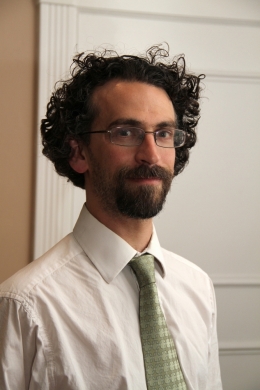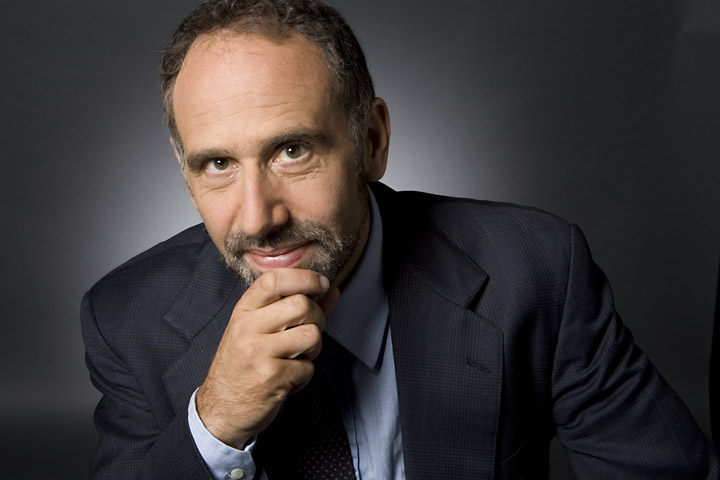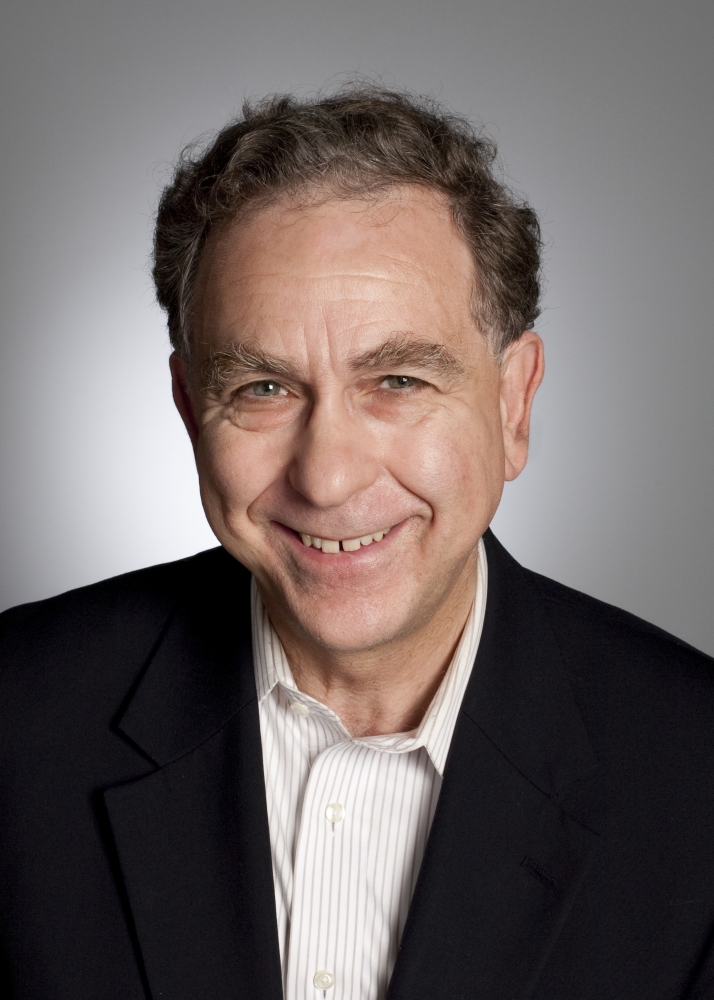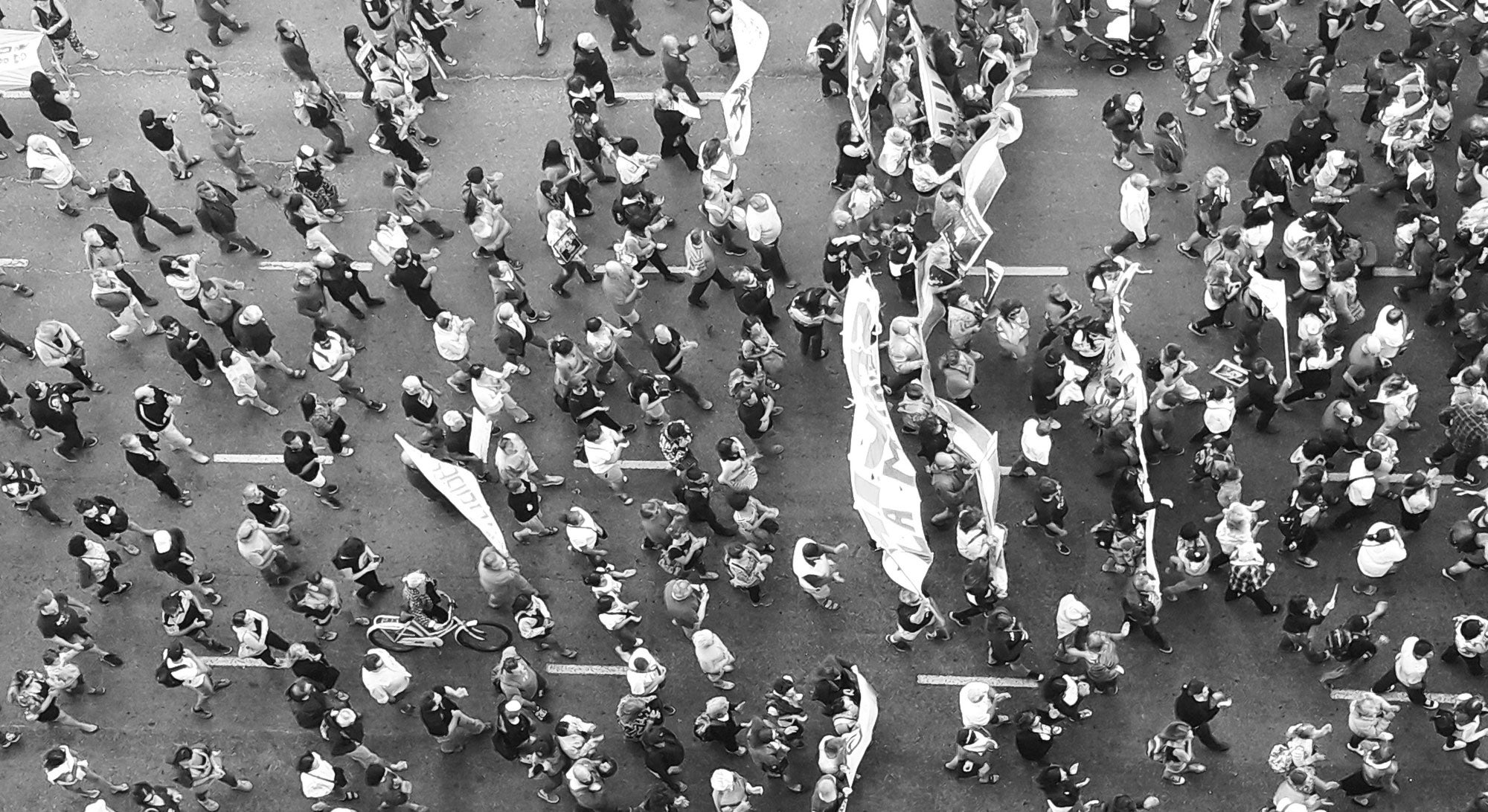UCSB's Critical Issues in America Series Continues Spring Quarter



Fifty years after President Lyndon B. Johnson challenged Americans to reach beyond the rich society to achieve a Great Society, where equal rights and opportunity were a reality for all, key components of his agenda remain unrealized and mired in political controversy and debate.
UC Santa Barbara’s Critical Issues in America Series continues its examination of the aspirations, achievements and ongoing struggles this period in our history helped to launch in light of the challenges facing democratic policy and activism today.
Among the spring quarter events for “The Great Society at Fifty: Democracy in America, 1964/2014” are talks by policy experts Sasha Abramsky on Thursday, April 3, and Dean Baker on Tuesday, April 8; and a symposium on the Affordable Care Act featuring Princeton sociologist Paul Starr, former senior adviser to President Bill Clinton on health care policy. The events are free and open to the public.
“It’s an honor to be host to such distinguished speakers and to make UCSB the gathering place for public discussion of the most pressing social and economic policy issues of our time,” said Alice O’Connor, UCSB professor of history and series organizer. “They also contribute importantly to our efforts to create a dialogue between past and present — Abramsky writing in a tradition of social journalism represented by Michael Harrington’s ‘The Other America;’ Baker bringing the nation’s historic commitment to full employment back to the forefront of economic policy; Starr reflecting on the most significant effort to reform health care provision since the creation of Medicare and Medicaid 50 years ago. This promises to be a great learning experience and bracing discussion for us all.”
Abramsky will discuss his new book, “The American Way of Poverty: How the Other Half Still Lives.” Published by Nation Books in September 2013, it was identified by The New York Times as one of the 100 Notable Books of the Year. A lecturer in the Writing Program at UC Davis, Abramsky is also a freelance journalist whose wide-ranging work includes influential books on poverty and hunger, crime and punishment and presidential politics in the United States. His writings have appeared in the Nation, the New Yorker, the American Prospect, Mother Jones, Rolling Stone, the Atlantic, Salon, Slate and the London Guardian, among other publications.
Abramsky will speak on Thursday, April 3, at 4 p.m. in the McCune Conference Room, 6020 Humanities and Social Sciences Building at UCSB.
Baker, a Washington, D.C.-based economist and co-founder of the Center for Economic Policy Research, will give a lecture titled “The Importance of Full Employment and the Routes for Getting There.” Frequently cited in major media outlets such as The New York Times, the Washington Post, CNN and National Public Radio, Baker is the author of several books on American political economy, including “Getting Back to Full Employment” (with Jared Bernstein), and “The End of Loser Liberalism: Making Markets Progressive.”
Baker is widely recognized for his penetrating and prescient analyses of the Great Recession, Wall Street financial practices and the housing bubble, among other issues. He also writes a weekly column for the Guardian Unlimited (UK), the Huffington Post, TruthOut and his blog, Beat the Press, which features commentary on economic reporting.
Baker’s talk on Tuesday, April 8, will begin at 7:30 p.m. in the multipurpose room of the Student Resource Building at UCSB.
On Friday, April 18, the series will turn its attention to healthcare and the Affordable Care Act with Starr giving a talk on “America’s Struggle Over Heath Care, Then and Now.” A professor of sociology and public affairs at Princeton University, Starr demonstrates his expertise in his academic and journalistic writing. He is co-founder of The American Prospect and author of “Remedy and Reaction: The Peculiar American Struggle Over Health-Care Reform” as well as the Pulitzer Prize-winning book “The Social Transformation of American Medicine.”
Starr’s talk, which will begin at 1 p.m. in the multipurpose room of the Student Resource Building, will be followed by “Healthcare Rights and Healthcare Reform From Medicare to Obamacare,” a symposium featuring reports from the front lines of state and local, official and grassroots efforts to implement the Affordable Care Act (ACA).
Among the participants are Mario Chavez and Susan Klein-Rothschild. Chavez is director of community relations for St. John’s Well Child & Family Center, a chain of federally qualified health centers (FQHC) in Los Angeles with historic roots in the community health care movement of the 1960s. Klein-Rothschild is a deputy director in the Santa Barbara County Health Department’s community health division, where she directs a wide range of population-based health programs aimed at protecting and improving the health of the community as a whole.
Over the past year, Klein-Rothschild also has been involved with the Affordable Care Act as it relates to the Department of Public Health. She will discuss what the ACA means to a local government organization and an FQHC, and report on the county’s experience with implementing the historic law. Chavez will reflect on implementation of the ACA from the standpoint of the health center’s longstanding commitment to achieving a universal right to health care that is affordable, of high quality and provided by people with living-wage jobs. The symposium will also feature a representative from Covered California.
An endowed program in the College of Letters and Science at UCSB since 1995, the Critical Issues in America series examines relevant social topics from a multidisciplinary perspective. Previous series have focused on environmental issues and policy reform; media ownership; women, employment and globalization; violence in America; ethnic studies; and marriage and alternatives.
More information about “The Great Society at Fifty,” including a complete schedule of spring quarter events, is available at http://www.history.ucsb.edu/greatsociety



